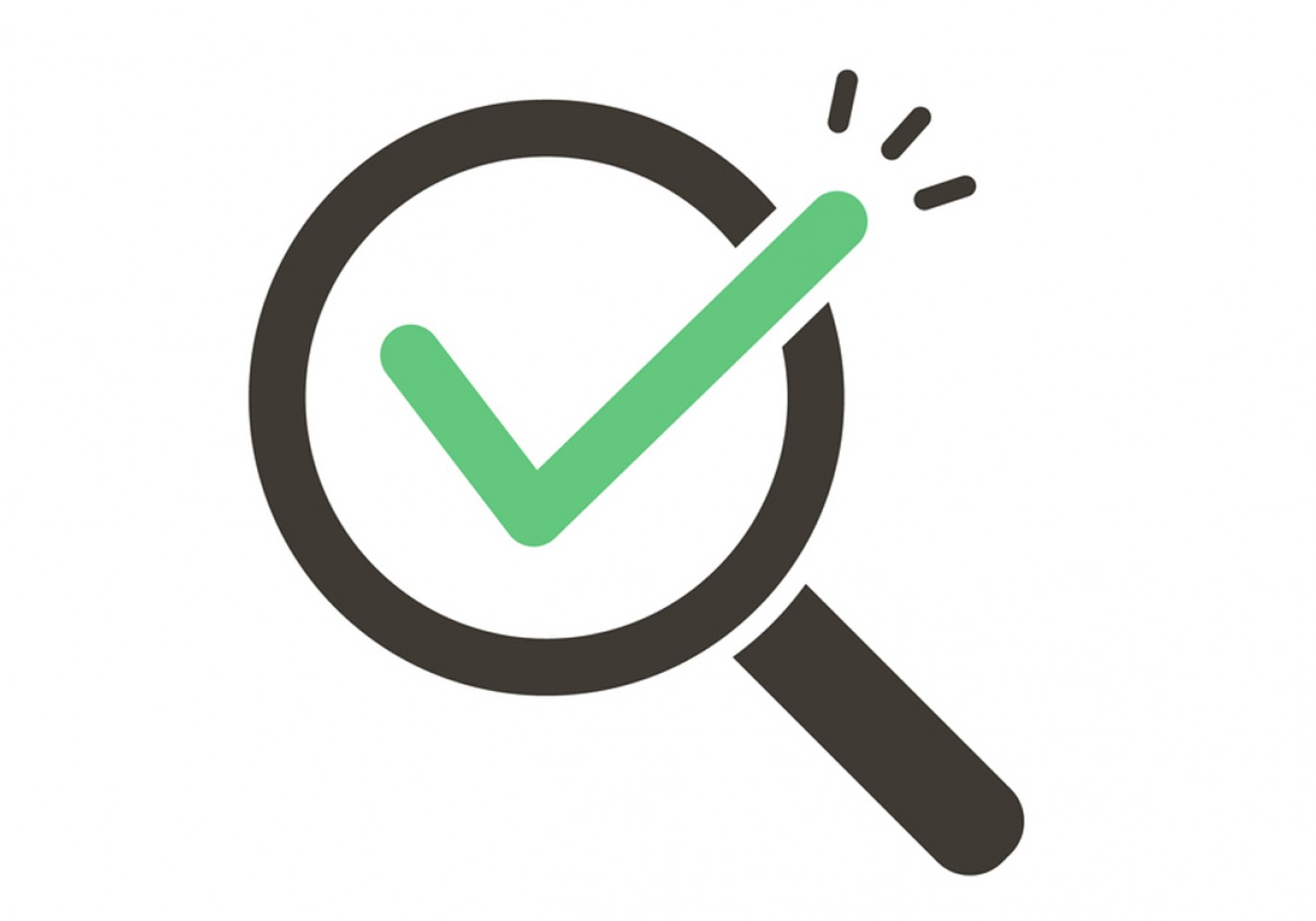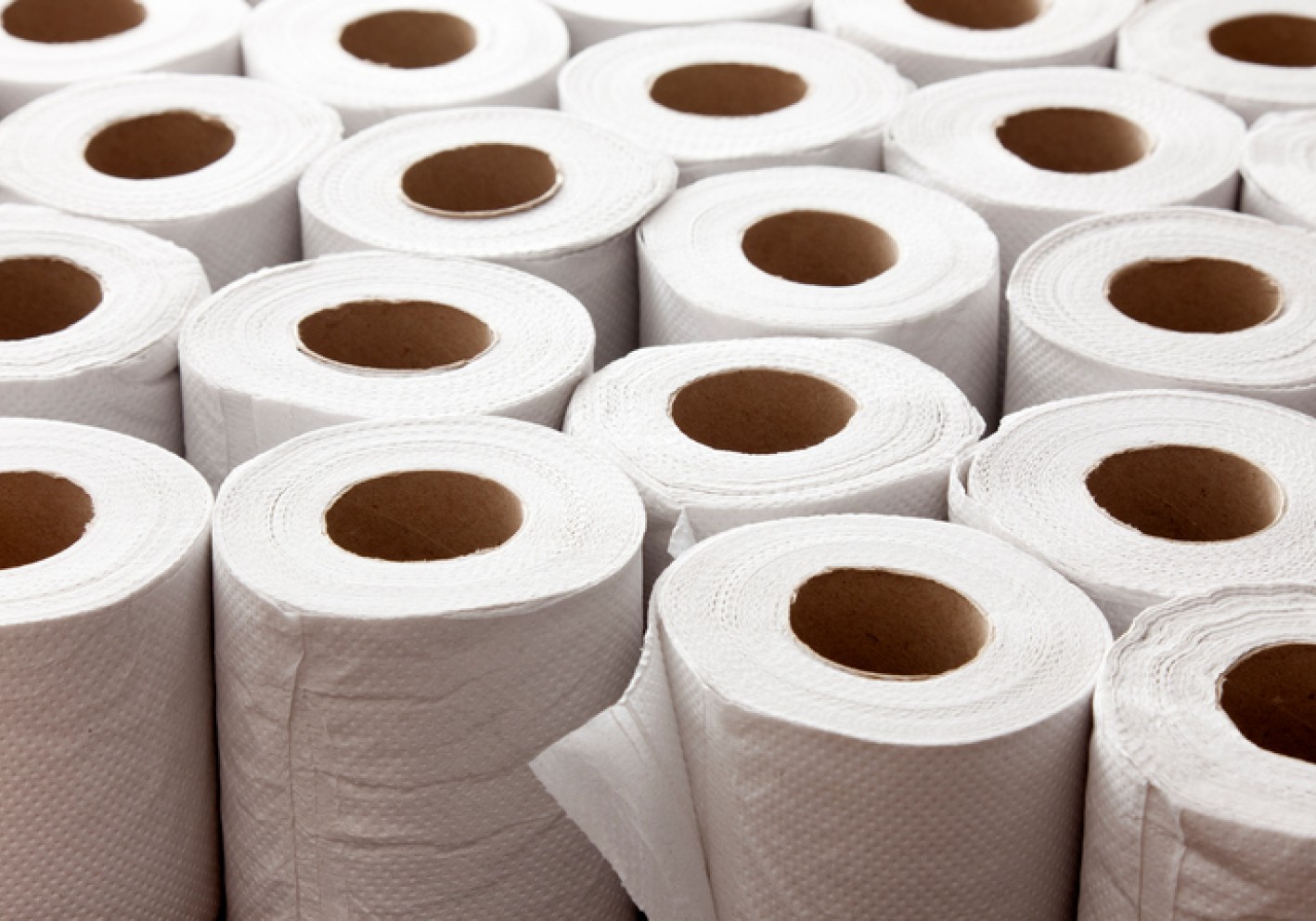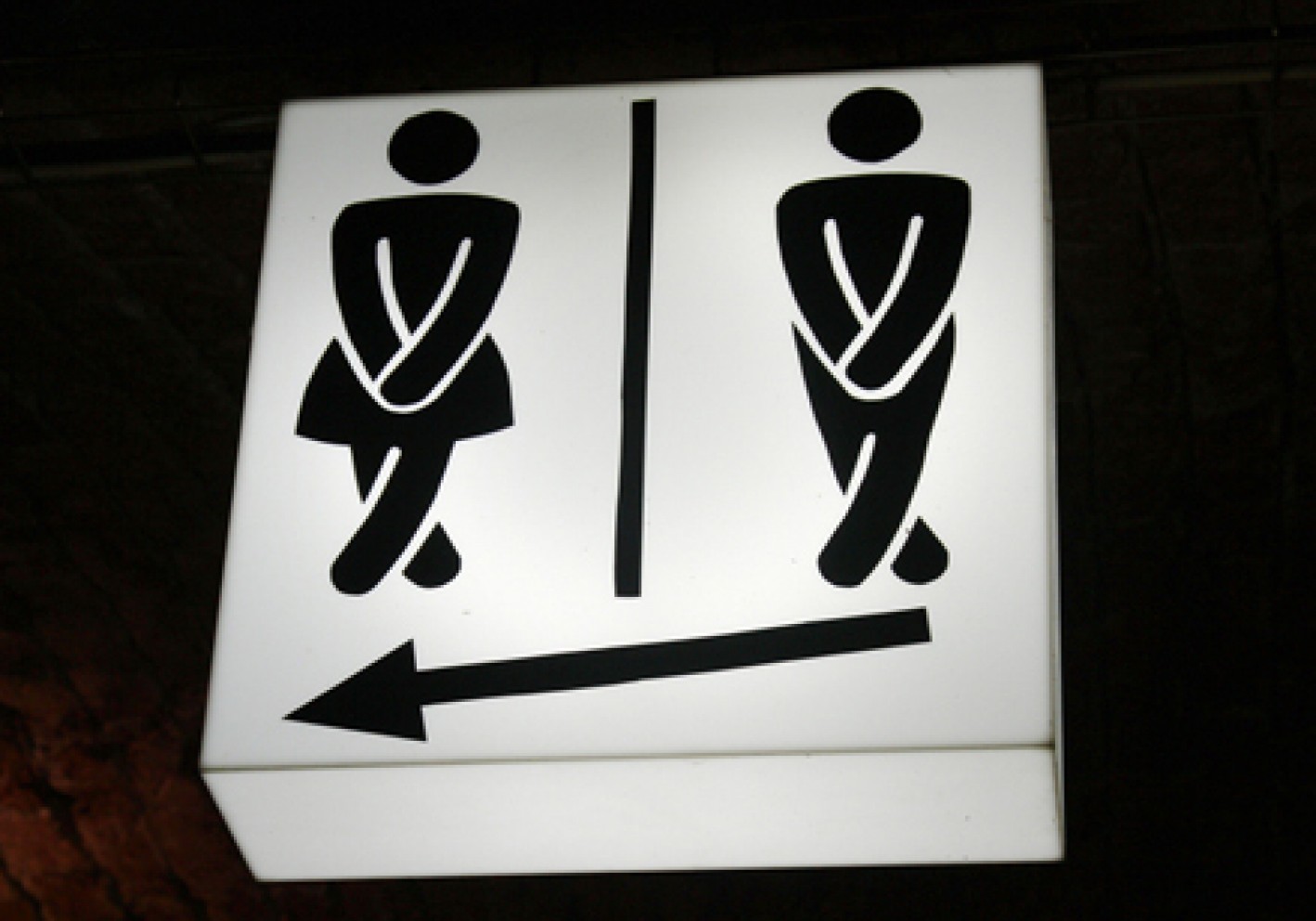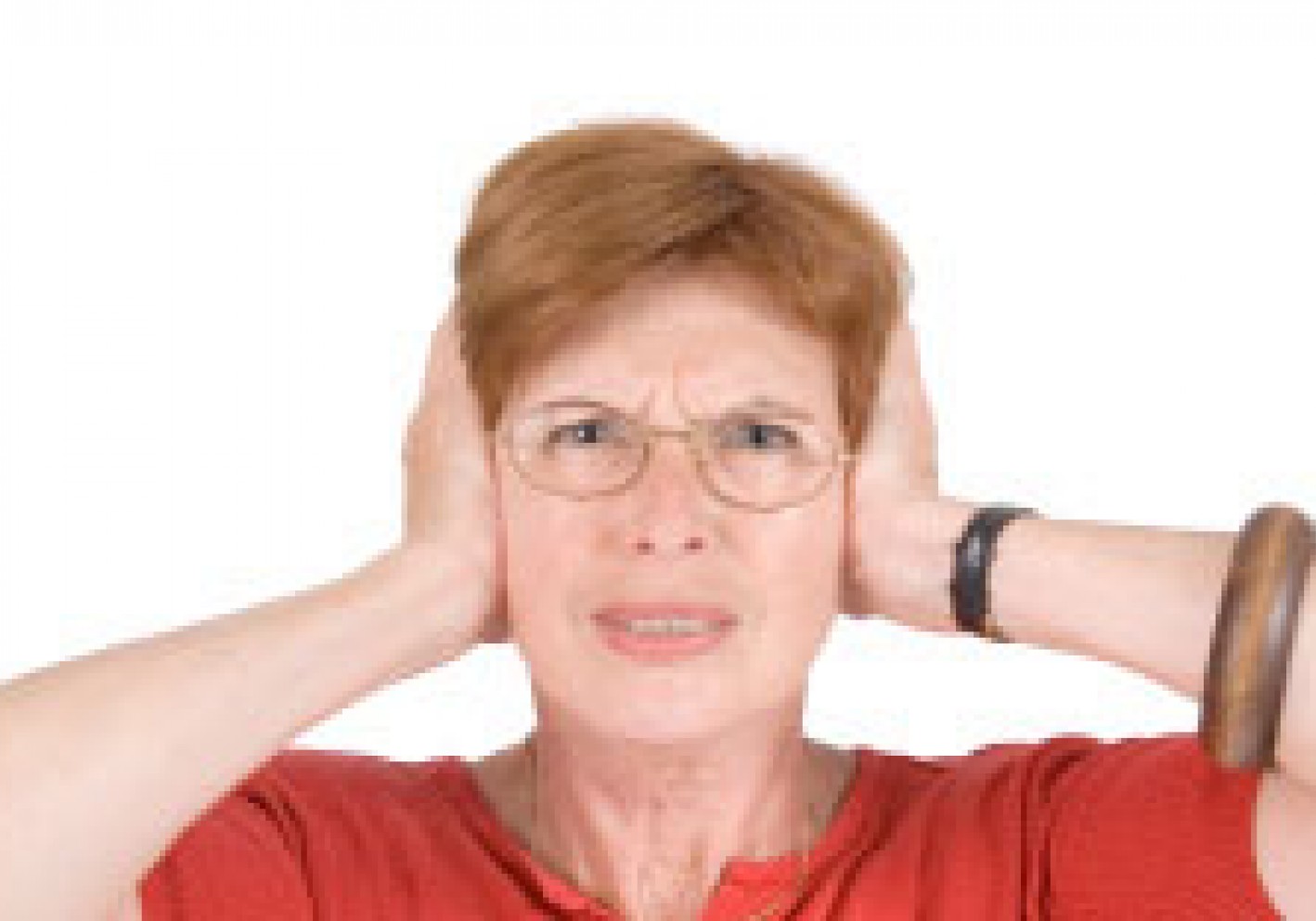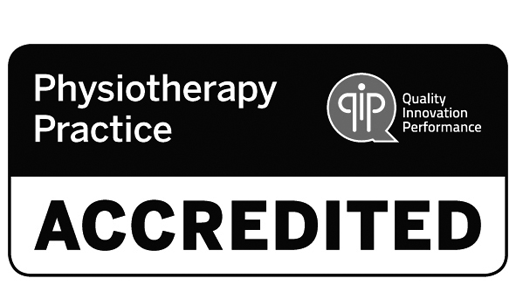PFMT prescription – Let’s Get It Right!
There is Level 1 evidence (recommendation A) that pelvic floor muscle training (PFMT) should be first line treatment for Urinary Incontinence (UI) and Pelvic Organ Prolapse (POP) in women (1).
10 Tips For Managing IC / PBS From Professor Curtis Nickel
Interstitial cystitis / painful bladder syndrome (IC/PBS) is a complex condition, and often difficult to treat. Professor Curtis Nickel, urologist and pelvic pain guru from Canada, was a key note speaker at the recent USANZ conference, and shared ‘10 Tips For Managing IC/PBS’. His overwhelming message, loud and clear, was that IC/PBS is a multi-factorial condition, and a multidisciplinary...
Exciting New Resource For Nocturia Management
Dr Wendy Bower, physiotherapist and researcher at Royal Melbourne Hospital, is leading a research team in Australia, Europe and Asia, investigating nocturia, its multifactorial aetiology, and how to most effectively treat it. They have developed a new screening tool TANGO, which aids the user in targeting the aetiology of nocturia and guiding individualised treatment.
Better Bowels With Rectal Balloon Biofeedback
Rectal balloon therapy is emerging as an exciting biofeedback tool to effectively treat a variety of benign anorectal disorders. Wald and co-authors recently published the American College of Gastroenterology Clinical Guideline: Management of Benign Anorectal Disorders1, and strongly recommended the use of biofeedback with rectal balloon therapy for treatment of defecatory disorders, chronic...
The Importance Of Pain Science Education
Chronic pain is a huge health problem, and is expected to cost the western world as much as diabetes and cancer combined. Dr David Butler and Professor Lorimer Moseley have pioneered the understanding and treatment of chronic pain internationally and, luckily for us, they live right here in Australia and work at the University of South Australia. Their latest research tells us that...
The Evolution Of Bladder Diaries
I recently received an email from a referring GP asking for a copy of our bladder diary. This request made me think about the importance of bladder diaries because patients are typically very poor historians regarding their bladder function. Often their subjective history will be quite different from what is actually happening! Bladder diaries are an extremely useful diagnostic tool and...
Patient Adherence: The Key To Success
Patient motivation and adherence is the most important predictor of treatment success. The International Continence Society (ICS) acknowledges the importance of this and recently invited an expert panel to review the literature in this area and provide recommendations for research and clinical practice.
When Patients Don't Listen
A 2010 Harvard Medical School study showed that about 20 percent of first-time prescriptions are never filled. This means that 1 in 5 patients don’t follow their doctor's recommendations. This was reinforced recently when we received some feedback from a patient who had been struggling with bladder symptoms for two years. She was seeing both a urologist and gynaecologist and had been referred to...
A Small Muscle With Big Impact
When I first graduated from Physio I never imagined I would spend my career rehabilitating one small internal muscle and that it could be so interesting and rewarding! Pelvic floor disorders can impact social and physical activities, intimate relationships and workforce participation, leaving sufferers isolated, embarrassed and lacking confidence. Together we can help them.



